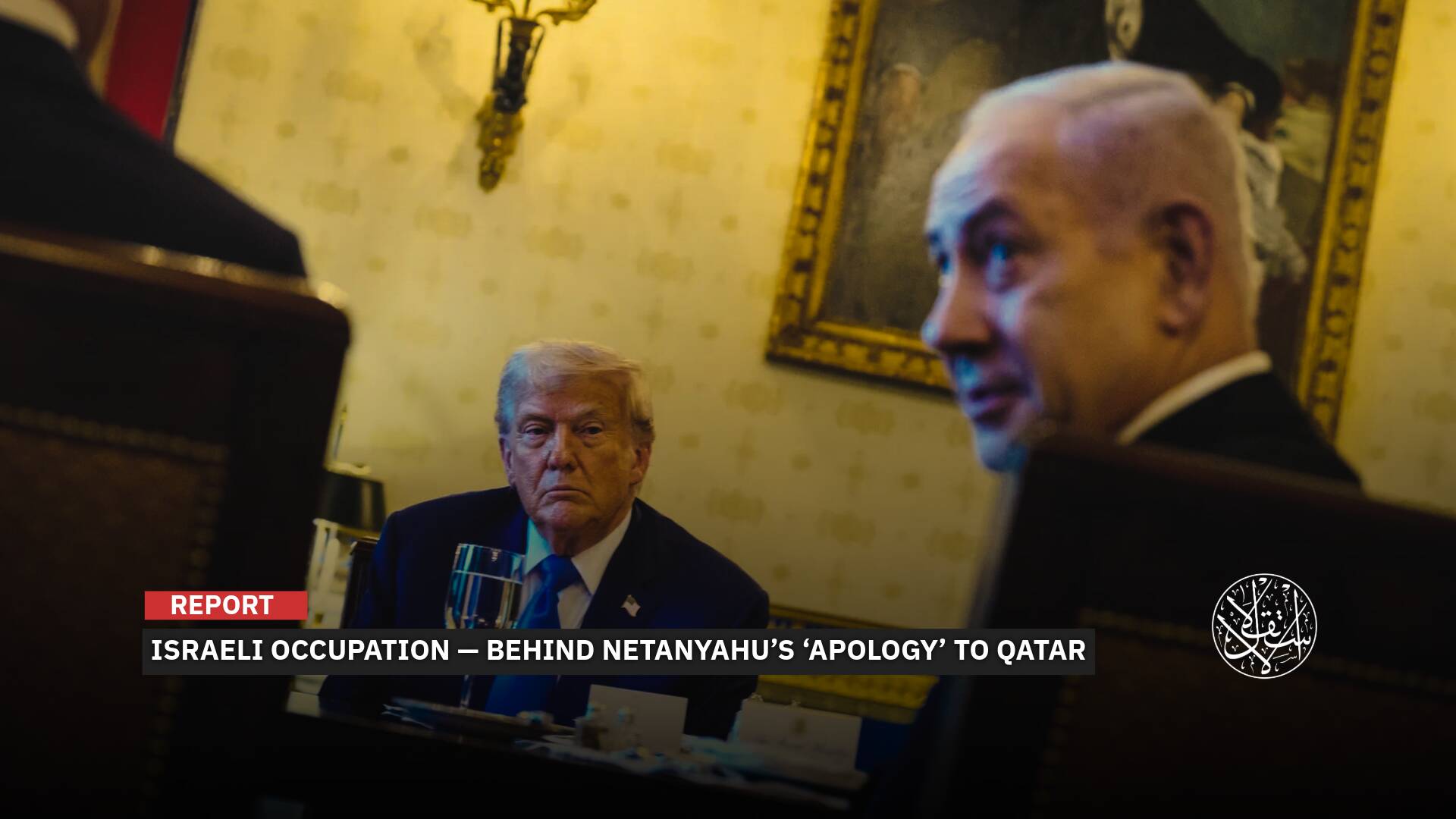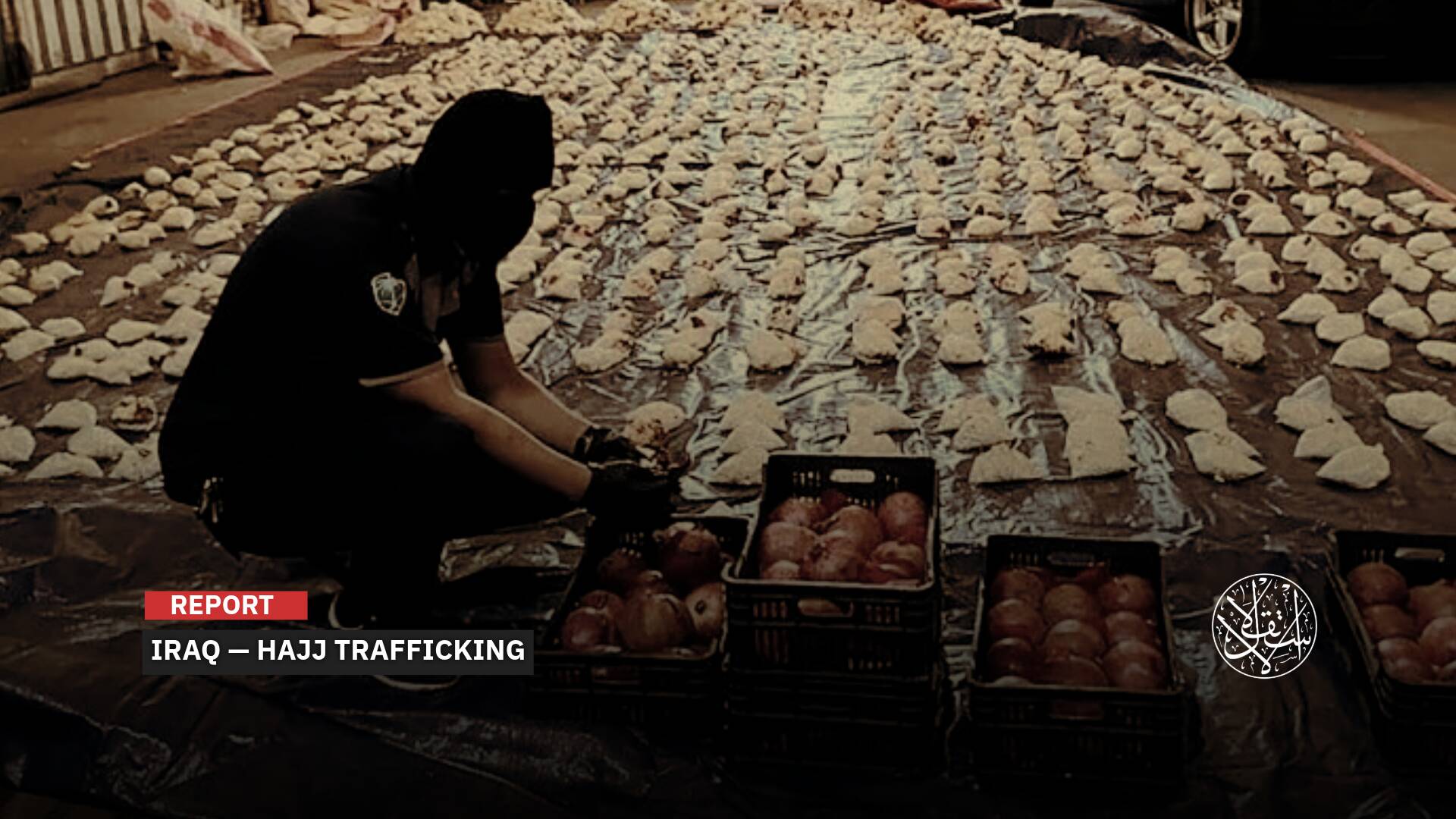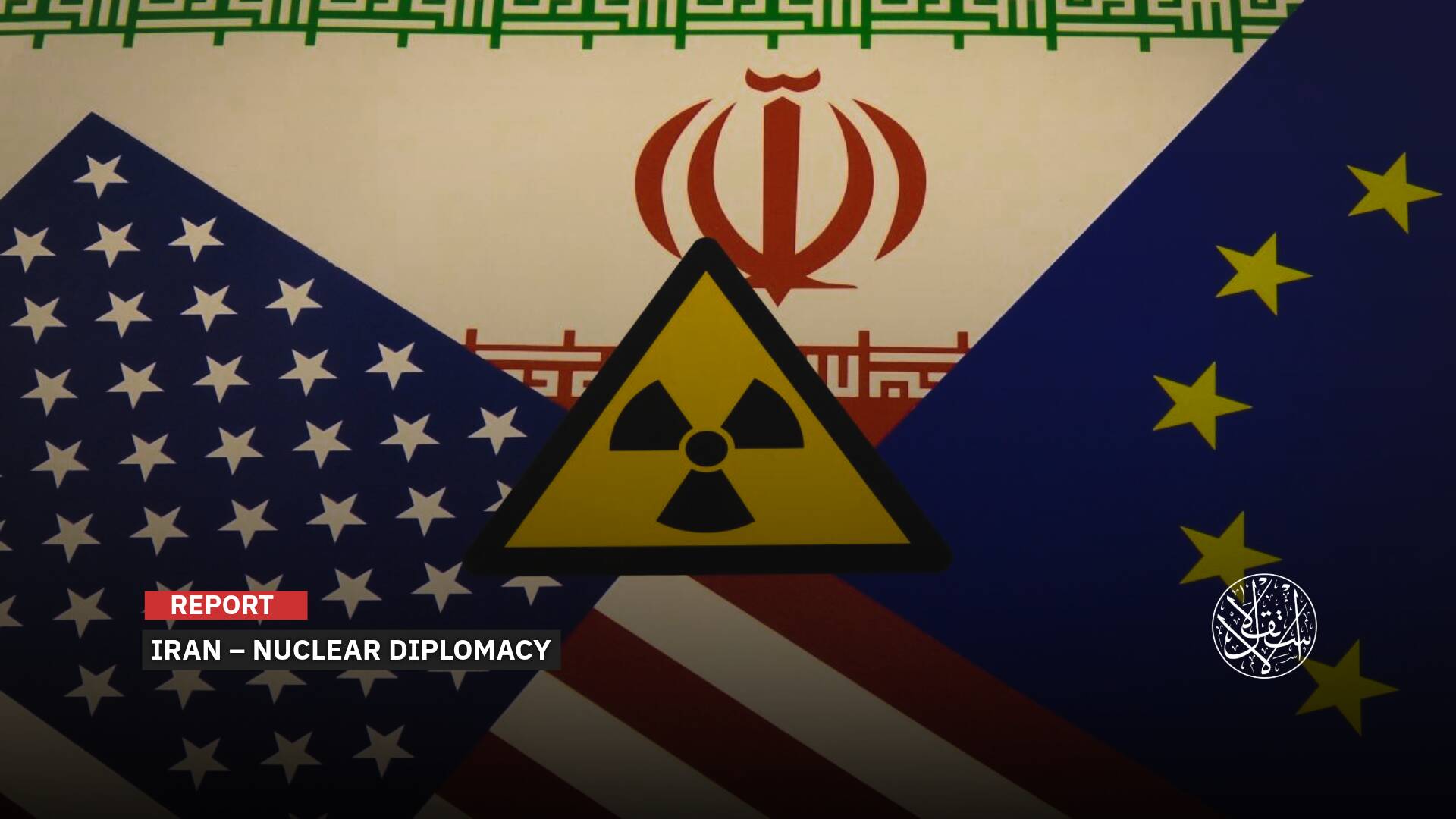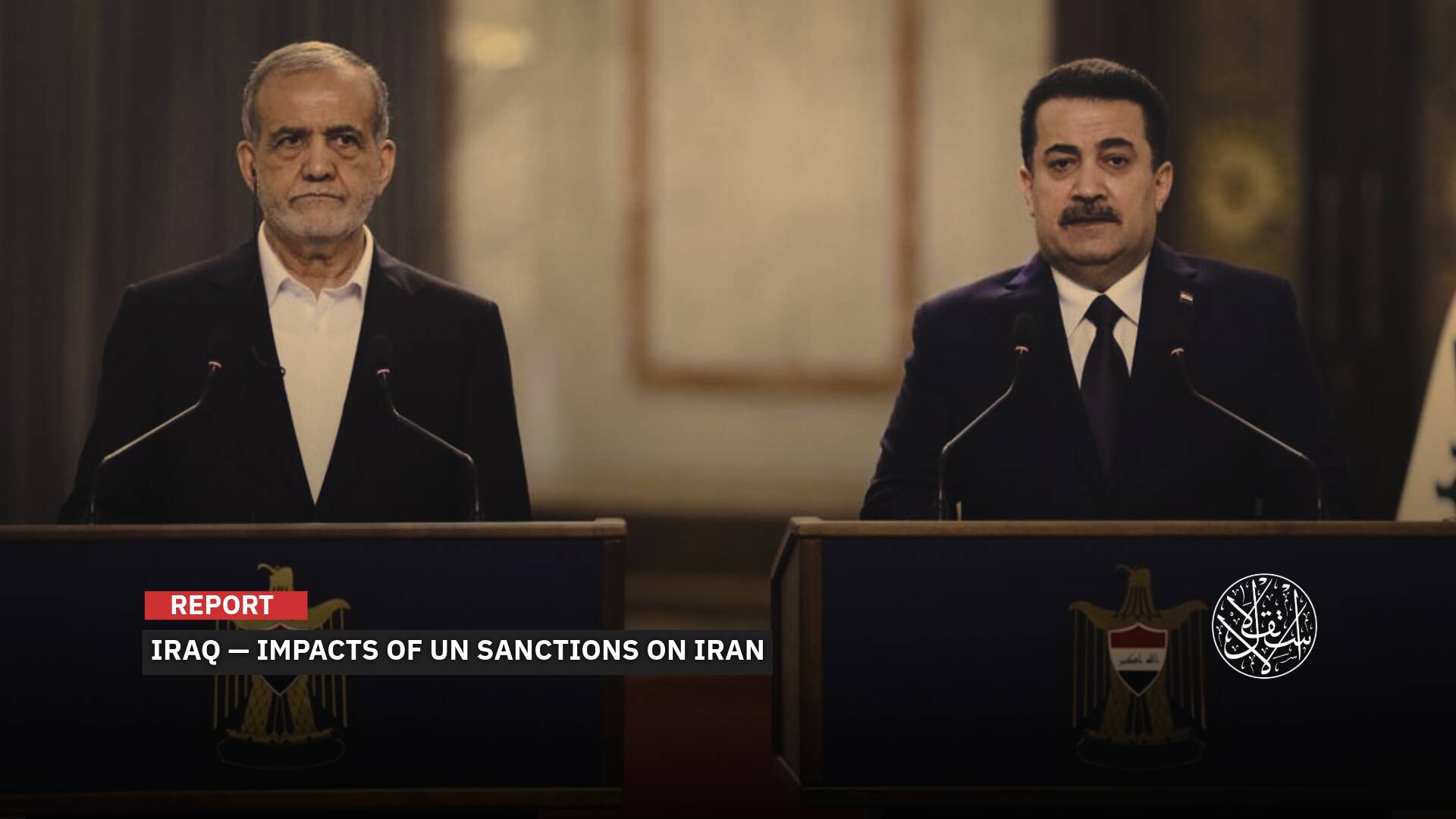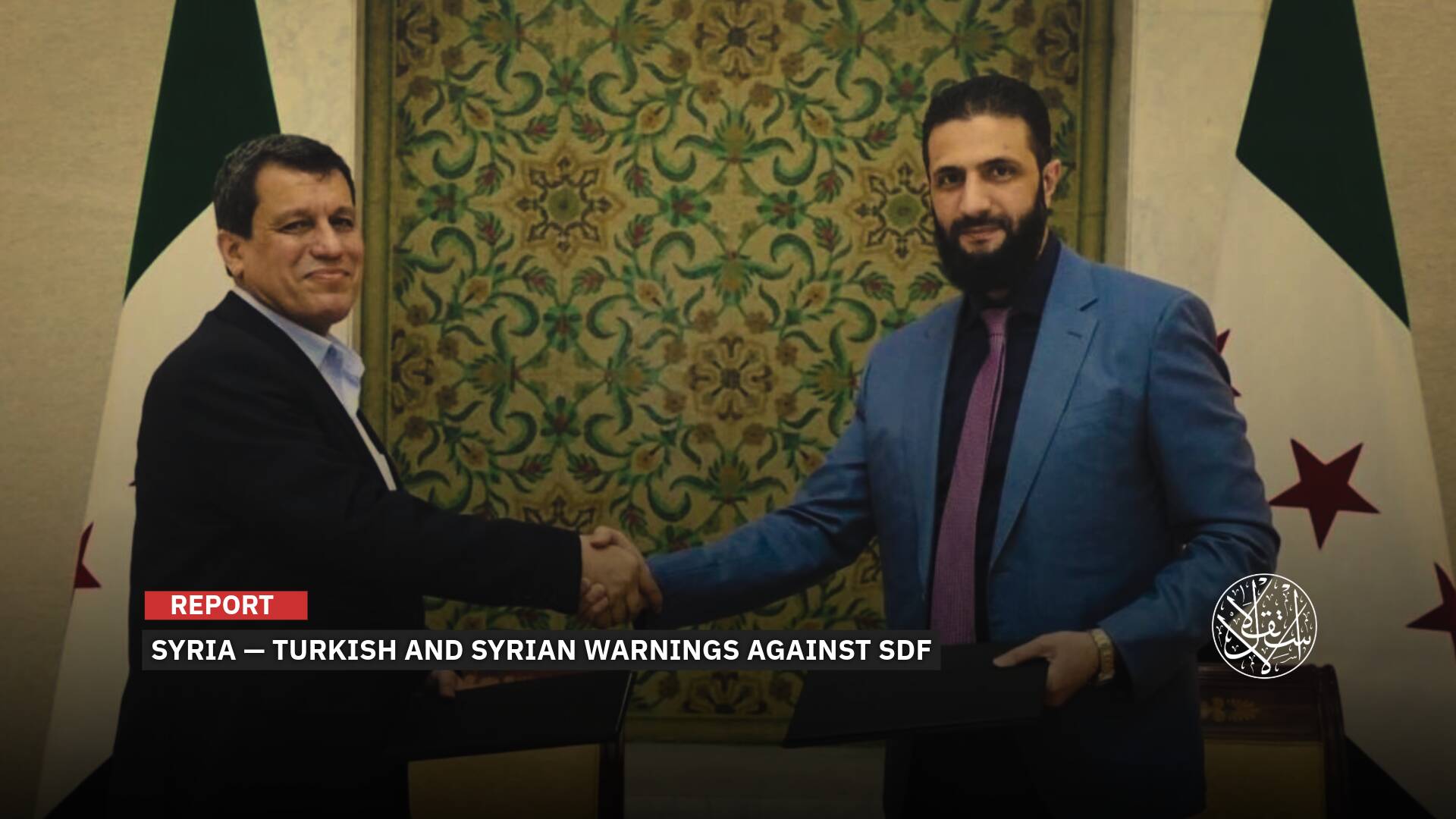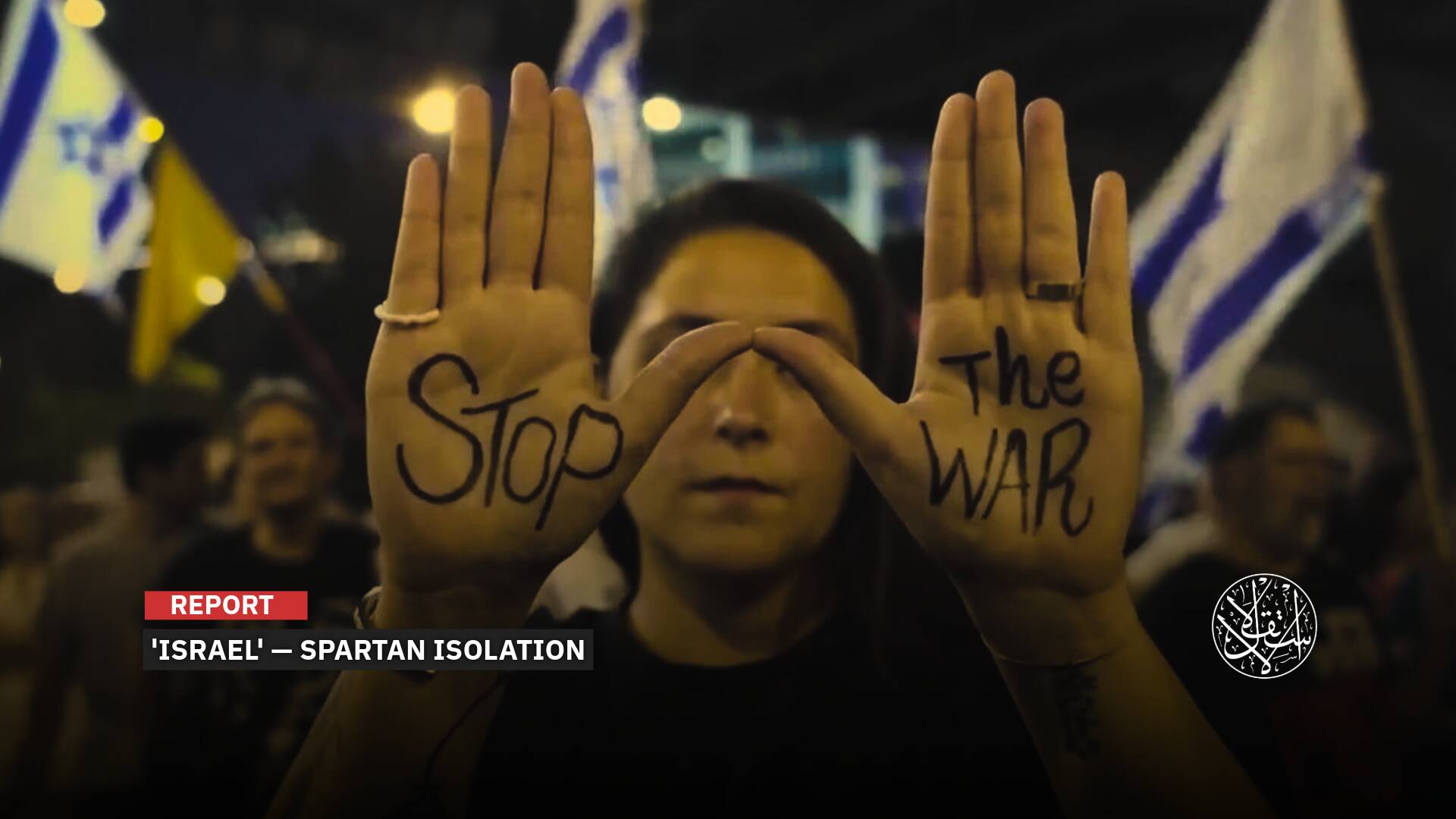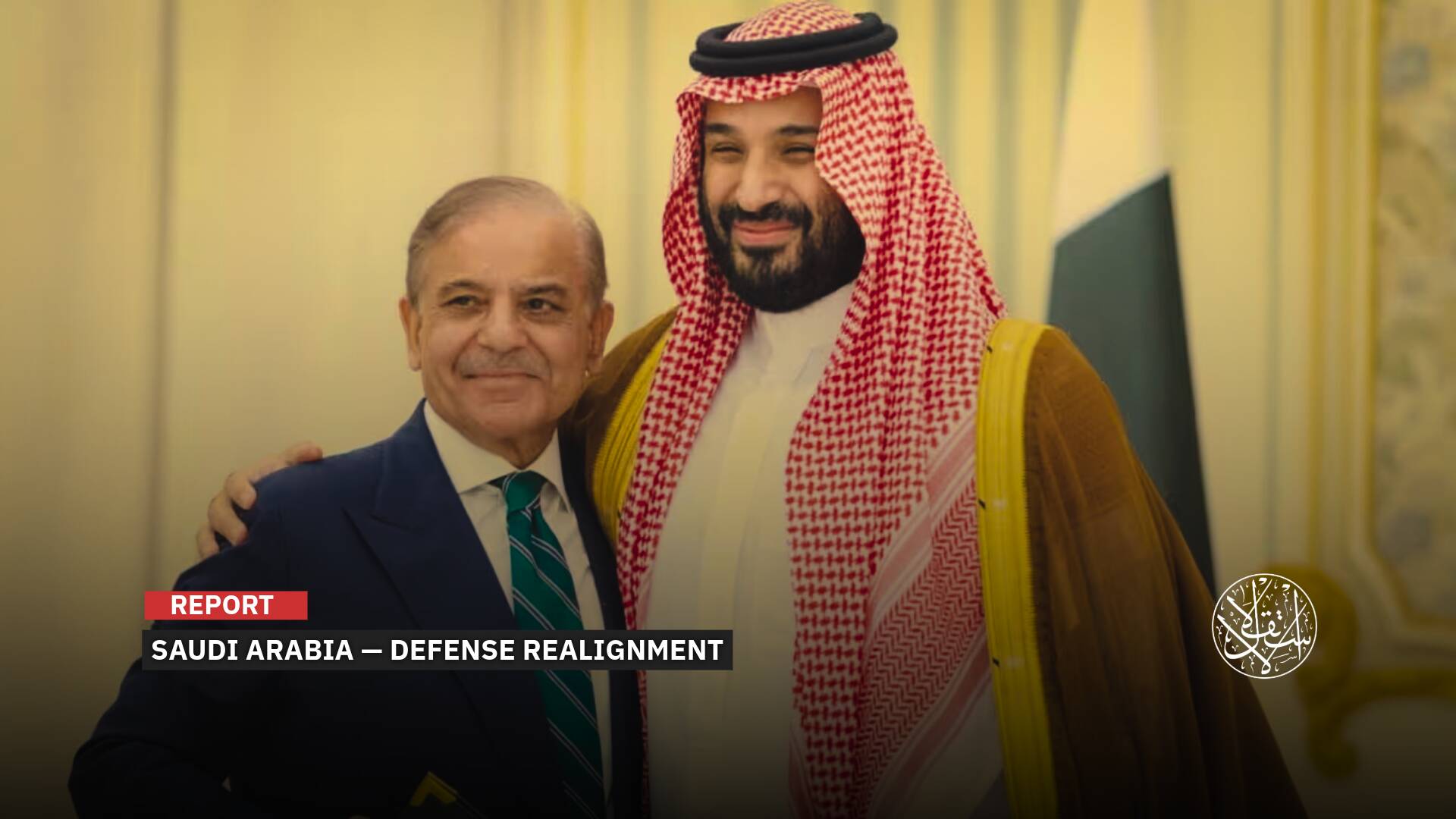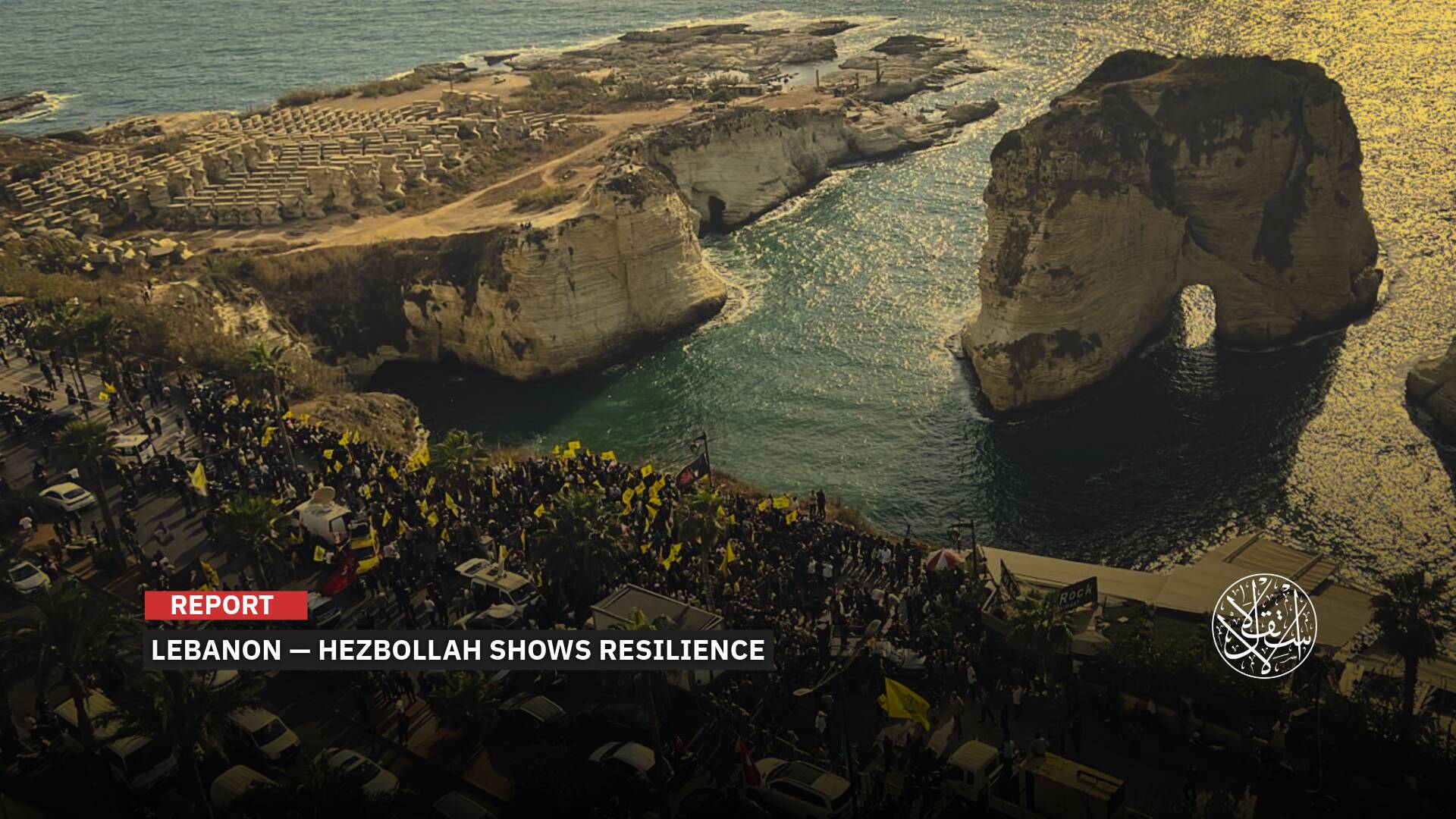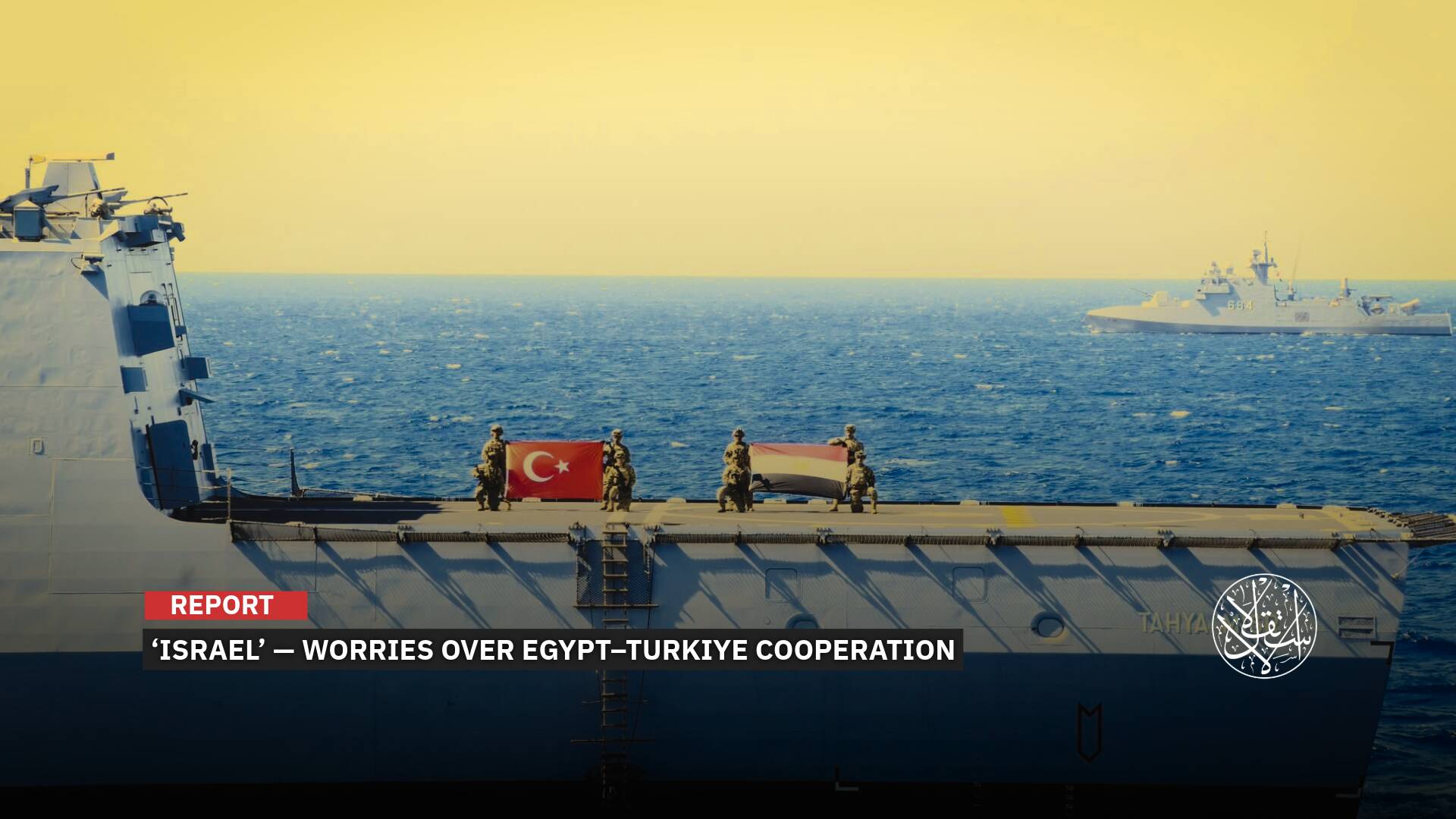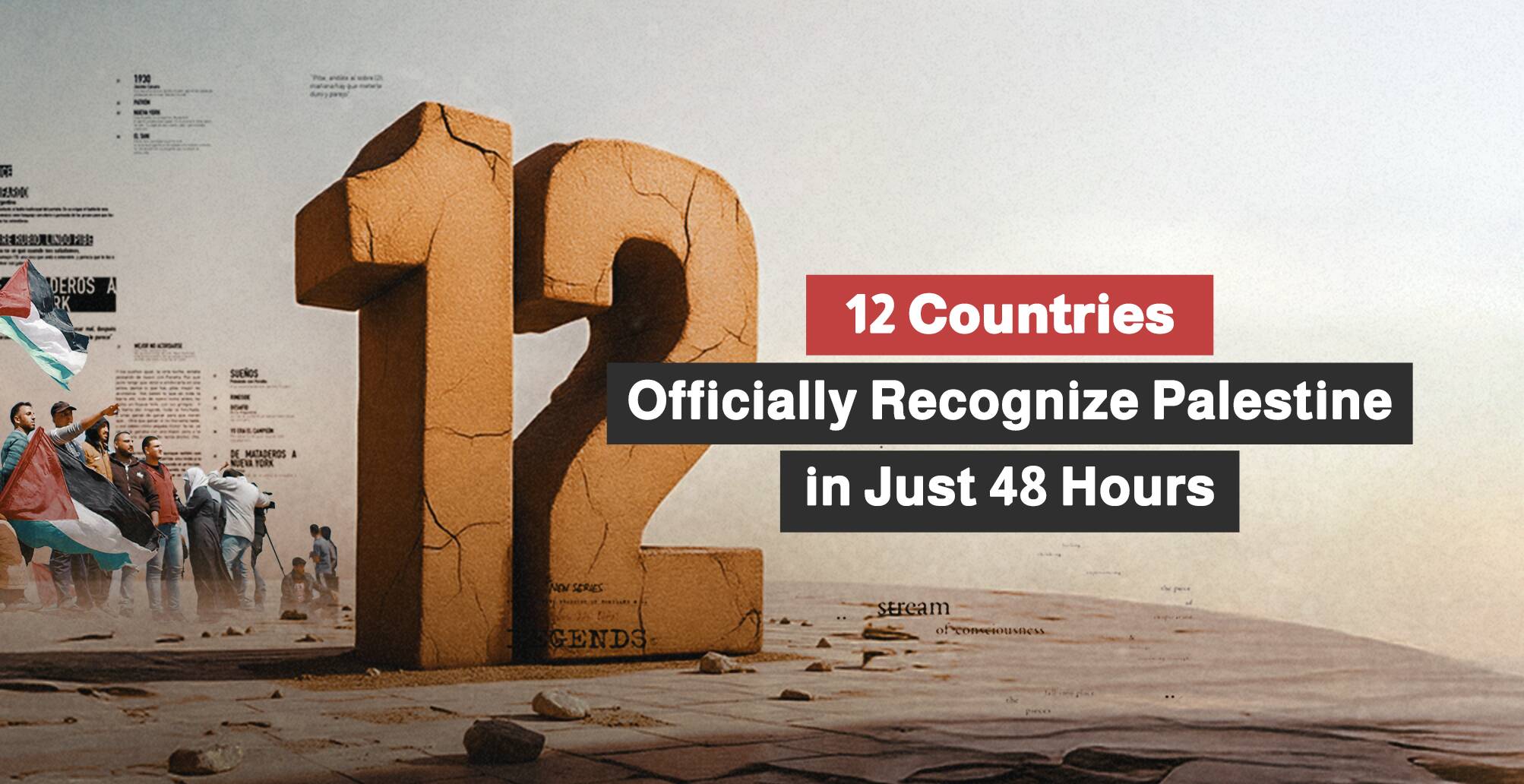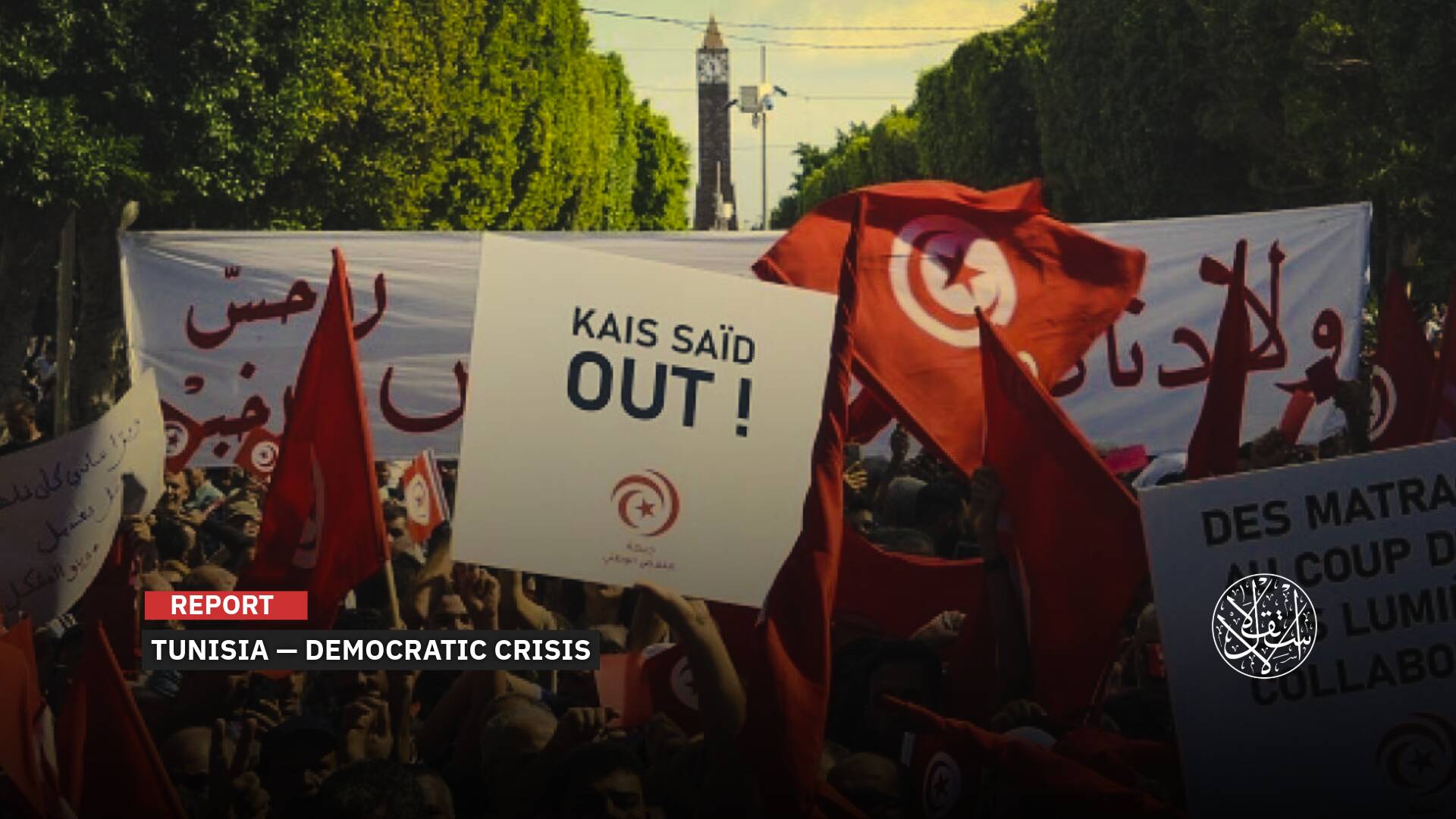Why Is Lebanon Calling for a Rethink of Its Agreements with the New Syria?

Some of the agreements felt more like declarations of unity than actual cooperation deals.
With Lebanon aiming to open a new chapter with its neighbor Syria following the fall of Bashar al-Assad’s regime, Beirut has proposed revisiting the agreements signed between the two countries over the past decades.
Lebanon still sees many of the agreements signed under Hafez al-Assad’s rule (1971–2000) as relics of an era of Syrian dominance—deals that must be scrapped or overhauled once a new government takes power in Damascus.
Reviewing the Agreements
A significant development came on April 4, 2025, when Lebanese Foreign Minister, Youssef Raji, stated that Beirut is working to reconsider all agreements with Syria, including the cancellation of the Lebanese-Syrian Higher Council, affirming that Lebanon’s decision is to either modify or annul these agreements.
In an interview with Lebanese General Security magazine (Issue 139), Raji emphasized that this council should be abolished, clarifying that “anything that benefits Lebanon will remain, while anything imposed unfairly or by force will be reconsidered.”
Raji also noted that “serious and legal talks with Syria over these issues have not yet begun due to the recent formation of both the Syrian and Lebanese governments.”
He further argued that the Lebanese-Syrian Higher Council no longer serves any purpose in light of the new relations between the two governments, especially with embassies and specialized ministers now managing all bilateral matters.
Since the fall of the Assad regime on December 8, 2024, Lebanon has begun re-engaging with Syria. This was first initiated by the former caretaker Prime Minister Najib Mikati, who visited Damascus on January 11, 2025, meeting with President Ahmed al-Sharaa.
Lebanese President Joseph Aoun also met with al-Sharaa on the sidelines of the Arab summit on Gaza in Cairo on March 5, 2025, where they stressed the “need” to regulate the borders between the two countries.
Newly appointed Lebanese Prime Minister Nawaf Salam called President al-Sharaa at the end of March 2025 to extend Eid al-Fitr greetings and expressed his willingness to visit Damascus in the near future.
Lebanon has long accused Syria, both under Hafez al-Assad and his son Bashar (2000-2024), of failing to recognize Lebanon's sovereignty and independence.
There are more than 40 cooperation agreements signed between Lebanon and Syria since Hafez al-Assad's rule, which he crafted for his own interests. Beirut now views them as candidates for cancellation or modification following the fall of the Assad regime.
The last agreement between the two countries, signed in 2010, was a tourism cooperation pact (Number 42 in a series of agreements), part of a broad set covering various fields, including transportation of people and goods, water, judicial cooperation, air services, and tax evasion prevention, among others.

Mandatory and Effective
Lebanese officials consider the reestablishment of diplomatic relations with Syria following the fall of Assad as “a victory for Lebanese constitutional legitimacy.”
As such, Lebanon seeks to reconsider the agreements made with Syria before the fall of Assad, in accordance with the 1969 Vienna Convention on Treaties and International Agreements.
Hafez al-Assad was the mastermind behind the creation of the “Syrian-Lebanese Higher Council,” which emerged in 1991 from Article 6 of the Treaty of Brotherhood, Cooperation, and Coordination between the Syrian Arab Republic and the Lebanese Republic.
The council consists of the presidents of both countries, the prime ministers and their deputies, as well as the Speaker of the Lebanese Parliament and the Speaker of the Syrian People's Assembly.
According to its official tasks, the council sets the general policies for coordination and cooperation between the two countries in all areas (political, economic, social, etc.), and supervises their implementation.
The council's decisions are mandatory and effective within the constitutional frameworks of both countries.
However, since the withdrawal of the Assad regime's forces from Lebanon on March 5, 2005, following Lebanese public protests that were sparked by the assassination of Prime Minister Rafik Hariri on February 14 of the same year, in a bombing in Beirut, and accusations that the Assad regime was behind the killing, the council's presence has become “symbolic.”
The period of Assad’s tutelage over Lebanon is seen by the Lebanese as one of the most “bloody and dark” times, marked by the worst forms of torture, murder, and assassination, which lasted from 1976 until 2005.
Syrian forces entered Lebanon in December 1976 under the guise of the Arab League, amidst the ongoing civil war, claiming their mission was to end the conflict and restore the pre-war status quo.
At that time, the council took on the role of coordinating between the two countries, thus eliminating the role of their respective embassies in this matter, as it assumed full diplomatic powers and responsibilities for interactions between two independent states.
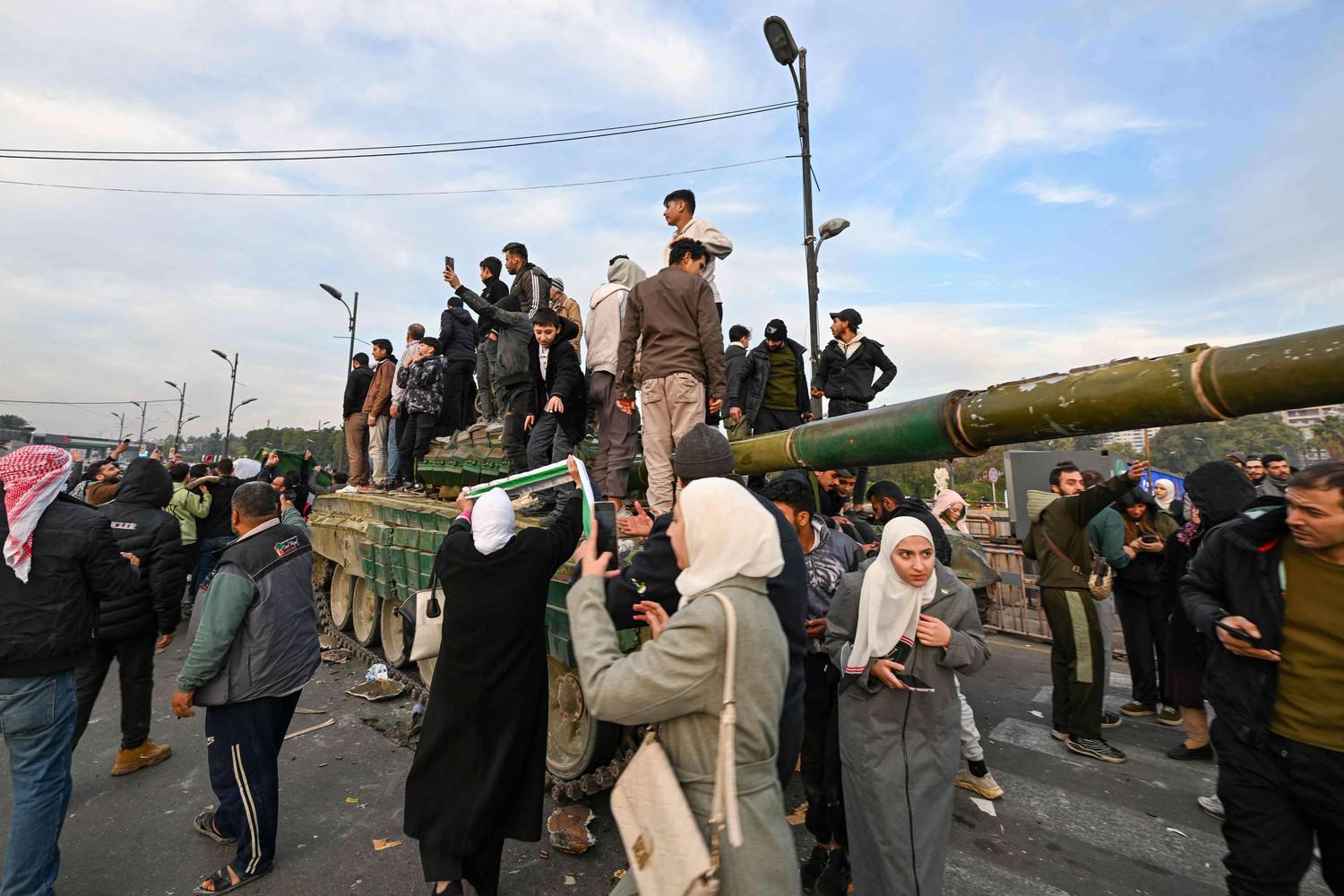
‘A Diminishment of Sovereignty’
In this context, Lebanese writer Muhammad Ali Chamseddine, in an article for the Grand Lebanon website, argued that the council wastes around $600,000 annually of the Lebanese state’s funds.
Lebanese MP Ghassan Moukheiber told the same website that his late uncle, Albert Moukheiber, was the only MP to reject the 1991 vote ratifying the agreement that created the council.
Albert presented a memorandum to President Michel Suleiman at the time, urging a review of the agreement and the cancellation of the Higher Council for the same reasons, believing the agreement to be unconstitutional.
Ghassan Moukheiber noted that the agreement made the council a decisive body in critical and sensitive matters, effectively establishing a system resembling a confederation between Lebanon and Syria, with Syria holding de facto control.
“For example, paragraph (d) of Article 6 stipulates that the decisions of the Higher Council are mandatory and enforceable within the constitutional systems of both countries,” he said.
“The council had strange structures, such as the combination of executive and legislative powers within its framework; the agreement also entrenched Syria's security and military dominance, while the Lebanese were demanding its withdrawal.”
“When this agreement was signed between Presidents Elias Hrawi and Hafez al-Assad, it was more like a declaration of unity than a cooperation agreement [..] In reality, the council never functioned effectively because Syria's control over Lebanon was total,” Moukheiber added.
According to the MP, the future Lebanese-Syrian relations, following Assad’s downfall, should be built on new foundations that respect the sovereignty of both countries, free from those agreements and the Higher Council.
Meanwhile, Lebanese political researcher and writer Michel Chammai believes that future relations “depend on the form of the upcoming Syrian state.”
During press statements on December 28, 2024, he said any fully established Syrian state will reshape Lebanese-Syrian relations on the basis of equality, which means that the previous agreements, including the Higher Council, will be rendered null and void.
“The Higher Council solidified Lebanon’s status as an appendage to the Syrian regime, and it was exploited to serve the regime's interests at Lebanon's expense.”
“President [Ahmed] al-Sharaa’s calls to establish ‘a civil state and equitable relations with Lebanon’ appear encouraging. However, everything depends on the form of the new Syrian state.”

‘Surrender Agreements’
In a step signaling Syria and Lebanon's efforts to close a file still deeply complex politically and security-wise, Lebanon and Syria reached an agreement in Jeddah on March 28, 2025, affirming the importance of border demarcation and coordinating efforts to address security and military challenges, according to the Saudi Press Agency (SPA).
The meeting, held in Jeddah, was attended by Syrian Minister of Defense Murhaf Abu Qasra, his Lebanese counterpart Michel Menassa, and their Saudi counterparts, including Khalid bin Salman.
The Saudi agency reported that both sides agreed on the strategic importance of demarcating the border between the two countries, forming specialized legal committees between them in various fields, and activating coordination mechanisms to address security and military challenges, especially concerning developments along their shared border.
The border between Lebanon and Syria spans 330 kilometers, with many illegal crossings commonly used for smuggling people, goods, and weapons.
This border, not definitively drawn since the two countries’ independence from the “French mandate” (1920-1946), has seen repeated tensions ranging from armed clashes to diplomatic disputes.
One of the primary issues in demarcating the Lebanon-Syria border is the geographic and demographic overlap, as there are villages and towns along the border that are administratively part of Lebanon, but their residents hold Syrian citizenship, and vice versa.
One of the obstacles preventing border demarcation was the presence of the Syrian army in Lebanon during the Assad era, between 1976 and 2005.
During that time, the Assad regime controlled many aspects of Lebanese politics, including those concerning the borders.
As for the ongoing dispute over the northern maritime border between Lebanon and Syria, it remains unresolved.
In 2023, the ousted Assad regime, through its former ambassador to the United Nations, Bashar Jaafari, reiterated its rejection of the coordinates in the Lebanese decree on the demarcation of maritime borders with Syria, Cyprus, and “Israel,” deeming them non-binding for Damascus.
Former Lebanese Minister of Justice Ibrahim Najjar believes that “revisiting the agreements made with Syria before Assad’s fall is crucial, as many of those agreements served as a pretext for multiple ties between Lebanon and Syria, governed solely by diplomatic protocols.”
“Syria’s military dominance over Lebanon, coupled with over 40 agreements, meant Lebanon was in a state of submission and surrender to Syria,” he said.
“Under the new regime that will be established in Syria after Assad’s fall, it would be beneficial, in respect of neighborly relations, to reconsider those agreements between a free Syria and a liberated Lebanon, free from guardianship and mandates.”
Sources
- The Lebanese-Syrian Higher Council: A Financial Burden and a Blow to Sovereignty [Arabic]
- Lebanon’s Foreign Minister: We Will Reassess All Agreements with Syria [Arabic]
- Agreements Stemming from the Treaty of Brotherhood, Cooperation, and Coordination [Arabic]
- Raji: Abolishing the Lebanese-Syrian Higher Council Under Discussion, with Lebanon’s Sovereignty Above All Else [Arabic]
- Lebanon and Syria sign agreement on border demarcation and easing tensions


